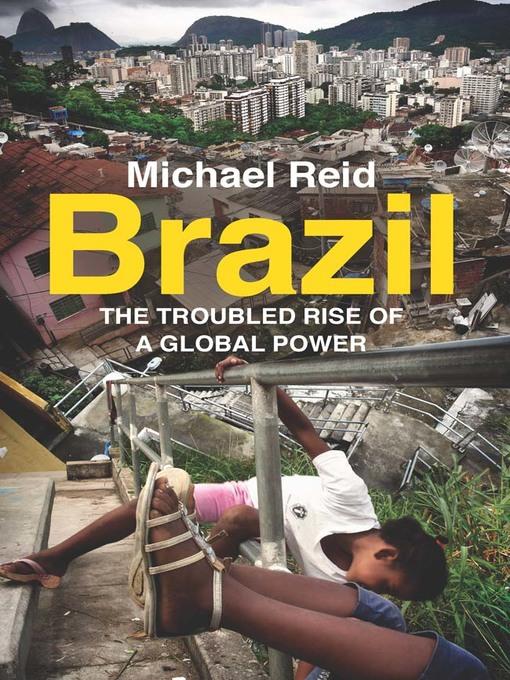
Brazil
The Troubled Rise of a Global Power
کتاب های مرتبط
- اطلاعات
- نقد و بررسی
- دیدگاه کاربران
نقد و بررسی

May 15, 2014
Economist Latin American columnist Reid (Forgotten Continent: The Battle for Latin America's Soul, 2008) provides a knowledgeable overview of the vast, vibrant country that will host the 2014 World Cup and the 2016 Summer Olympics.The seventh largest economy, the third largest food exporter, the world's fourth most populous democracy, a country of enormous natural resources, including self-sufficiency in oil, Brazil has had a peaceable, productive recent rise in fortune. However, that emerges from a history of colonialism, slavery and poverty, writes the author. He touches on such recurrent Brazilian problems as the lack of political organization, which was noticeable as early as the Tupi-speaking Indians' first encounter with Portuguese seafarer Pedro Alvares Cabral on the Brazilian coast in 1500. (They had neither the metals nor the domesticated animals prevalent in the nearby, highly developed Incan, Aztec or Mayan civilizations.) Reid also sifts carefully through the reasons for and long-term ramifications of Brazil's huge demand for African slaves between 1500 and 1866. The shorter route to Africa, the exchange of export goods for slaves, the inability to attract free labor and the high mortality in its tropical climate are among the factors he explores. Food shortages and poor diet would plague the Brazilian people (and their economy) up until the modern era. The expulsion of the Jesuits in the 18th century left an "education vacuum," and the Portuguese crown did not encourage the building of universities; the vacuum remains problematic today. Although the Europeans turned Brazil into a highly stratified and patriarchal society, Reid notes that they also fostered the rich blending of African, Indian and Portuguese people and cultures that formed "the main achievement of the colonial period." In the 20th century, Brazil built a strong nation-state, beginning with dictator-turned-elected president Getulio Vargas, through the rule of the generals to the forging of a democracy after the 2002 electoral triumph of Luiz Inacio Lula da Silva.A thorough study deeply informed by on-the-ground reporting.
COPYRIGHT(2014) Kirkus Reviews, ALL RIGHTS RESERVED.

























دیدگاه کاربران